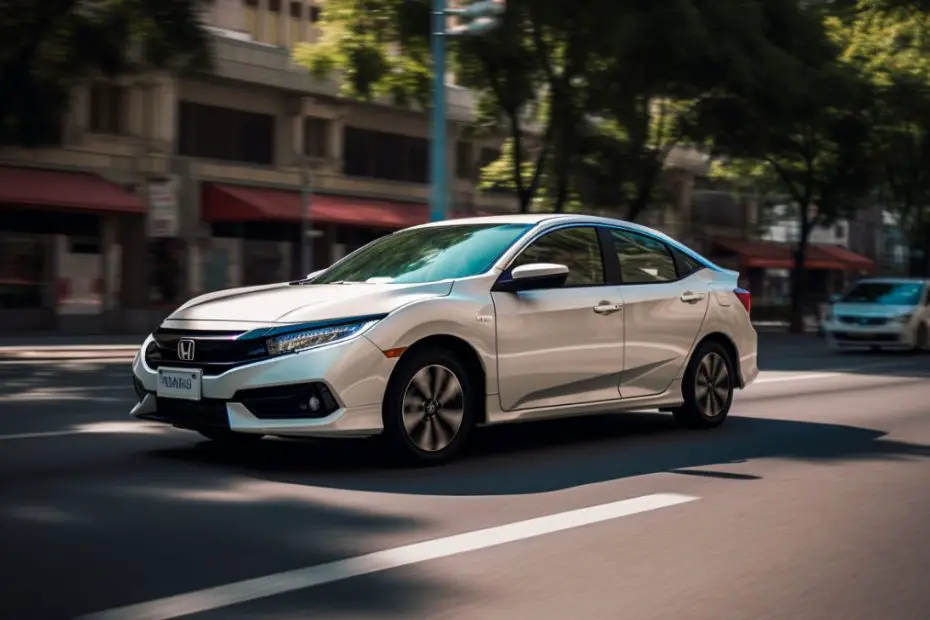Honda’s new vehicles feature the Electric Parking Brake (EPB), which is a valuable addition. However, it’s crucial to know how to handle potential problems.
What are the Honda Civic’s electric parking brake problems? Common causes of Honda Civic brake system issues include a bad battery, damaged wiring, a lousy servo motor, a bad brake switch, etc. All of these different things happen, but they can all be fixed. Most of the time, changing the parts is the only way to fix this; occasionally, parts can be fixed.
Here, we have provided a potential solution. However, if your issue is with the EPB, we advise going to the closest Honda service center.
Here Is A Table Of The Common Causes And Solutions For Honda Civic Electric Parking Brake Issues.
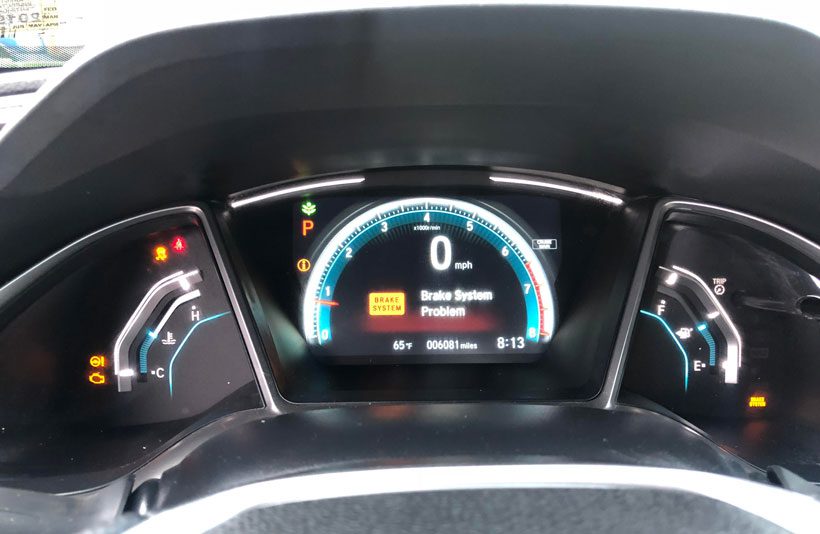
If you’re having trouble with your Honda Civic’s electric parking brake, keep an eye on this issue. Follow the advice if you encounter any of these problems.
| Causes | Solution |
|---|---|
| Dysfunctional battery | Replace car battery |
| The battery is not properly connected | Connect it properly or change the cable |
| Bad servo motor | Replacing or fixing (depending on the situation) |
| Defected wiring | Replacing or fixing (depending on the situation) |
| Faulty parking brake Switch | Replacing with a new one |
| Electrical system problems | Troubleshoot and fix |
What Are the Causes and Solutions for Honda Civic Electric Parking Brake Problem?
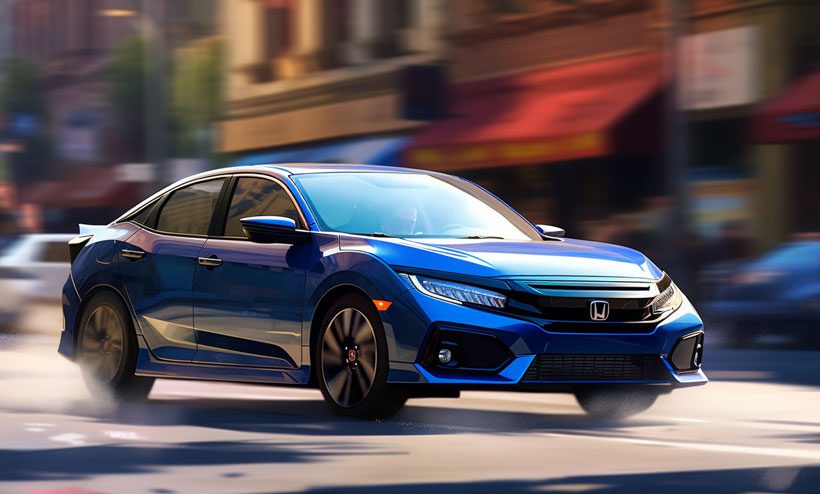
There aren’t many factors that contribute to the Honda Civic’s electric parking brake. We’ll go over every common cause and how to fix it here.
1. Dysfunctional Battery
Over 50% of the time, a dead or malfunctioning battery is the cause of an electric parking brake issue. Since electric parking brakes rely on batteries for power, if the battery stops functioning or is unable to supply enough capacity, the brakes will not respond.
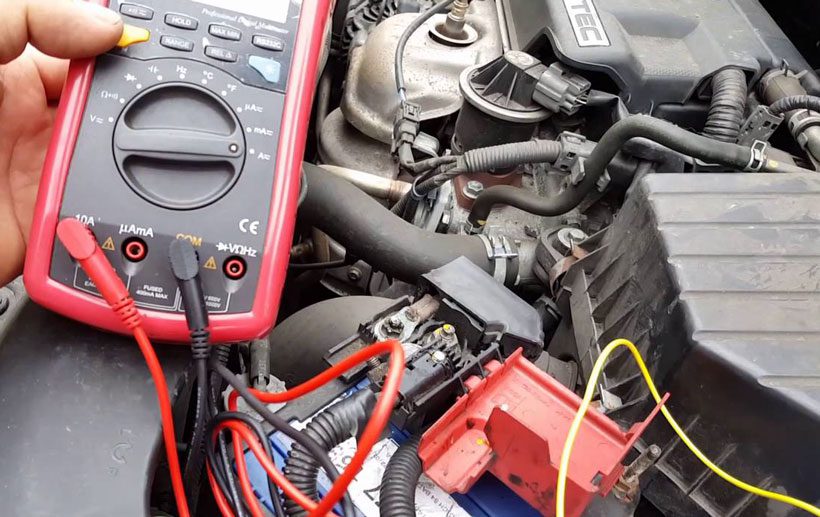
Solution:
Replacement is preferable; here is how you can replace the battery.
Step 1: reach inside the car battery under the hood after turning off the engine.
Step 2: The negative cable should now be disconnected from the battery terminal after loosening the terminal nut. Disconnect the positive cable by proceeding in the same manner.
Step 3: Replace the old battery with the new one after removing the old one. Set up the cables properly.
If you believe it is simply draining and can be repaired, go ahead and do it. If not, get a new one.
Note: A dead battery may not always be the root of a battery problem. Instead, it’s possible that the brake’s battery connection is faulty or that it’s lost contact. This is an important consideration when analyzing battery issues.
2. Bad Servo Motor
The servo motor is essentially a standard motor. However, it aids in holding the brake when the electric brake system is activated. This is basically an actuator for an electric parking brake.
When a servo motor malfunctions or fails, the device unexpectedly holds its position, whether it is locked or unlocked. Furthermore, the electrical module identified this situation as an EPB error.
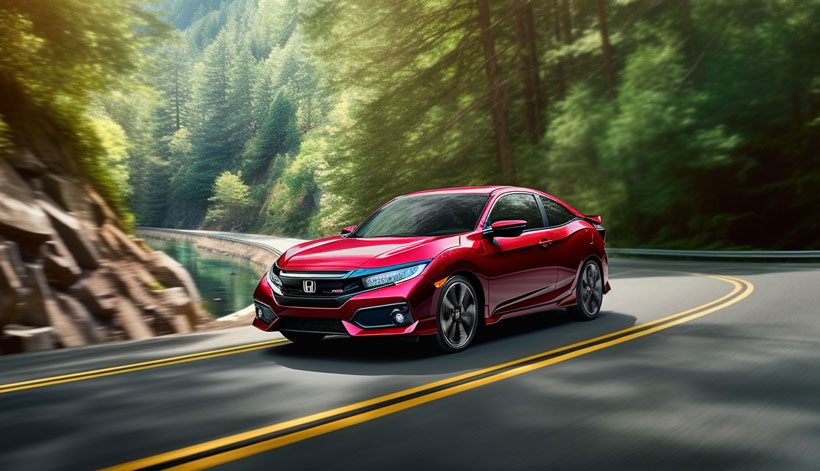
Solution:
Replacing it with a new motor is a better idea.
Step 1: Locate the servo motor close to the steering power system.
Step 2: Disconnect every power source connected to the motor.
Step 3: At this point, carefully remove the servo motor’s mounting screws and bracket. Once the old motor has been safely removed, replace it, then reconnect the cable and wiring.
Despite being a cheap component, fixing this motor will still be difficult. So get another one.
3. Defected Wiring
There are a few instances where faulty wiring causes the entire electric brake system to collapse. Even though the issue is minor, it will take the majority of your time to locate the damaged area.
Therefore, check the wiring if your brake is not functioning and the battery is not the issue. Thoroughly troubleshoot and identify the problem.
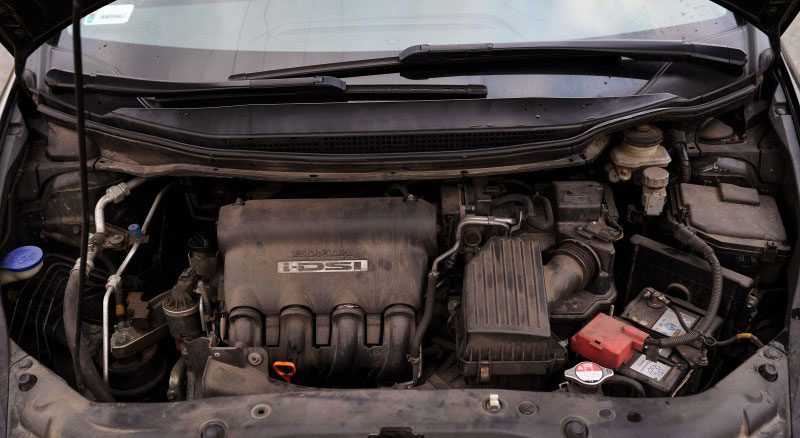
Solution:
Get a professional mechanic to help you with this problem. Once the issue has been identified, properly fix it by either replacing that specific wire or the set of connections.
Here are the most commonly damaged wires during an electric parking brake problem:
- Parking brake switch wires
Damage to these wires may result in a broken or unresponsive parking brake switch. This makes it challenging to engage the parking brake.
- Actuator motor wires
It may result in the actuator operating inconsistently. Due to this, the parking brake disengages.
- Control module wires
This might result in the control module and other components being unable to communicate with one another.
4. Faulty Parking Brake Switch
One essential component of this braking system is the electronic parking brake switch. This switch helps to control the brake because it is directly connected to it.
If dirt is stored there, the switch may become blocked or jammed. Or perhaps you simply pushed too hard and something got stuck. As a result, it won’t function properly.
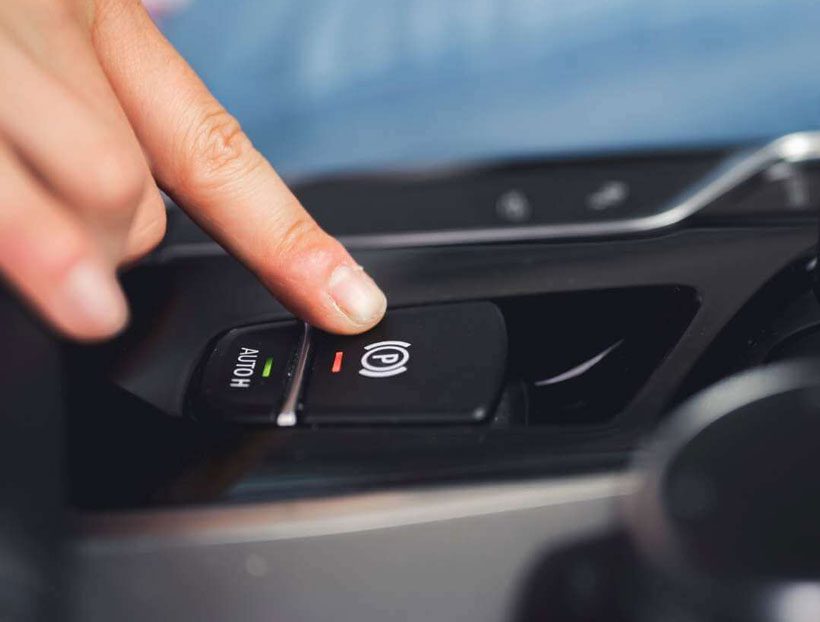
Solution:
Make sure to check; if the switch is the issue, it needs to be replaced.
Here is how you should replace your switch:
Step 1: Locate your emergency brake switch inside the dashboard.
Step 2: Disconnect the wiring. Jot down the wiring sequence to guarantee flawless connections. Disconnect the label if it needs to be done.
Step 3: After that, take out the old switch and put in the new one. Verify that the wiring connections maintain serials.
However, you must use a genuine Honda Civic switch; anything else will not fit.
5. Electronic Parking Brake Control System Problems
A faulty EPB control unit is one of the main causes of the electrical system issue. In essence, the EPB control unit is a computer that controls the entire EPB system. The EPB braking system won’t respond if this fails or becomes dysfunctional.
This means that the internal system is crucial. There isn’t currently a warning code for this issue in Honda vehicles, but one could appear soon.
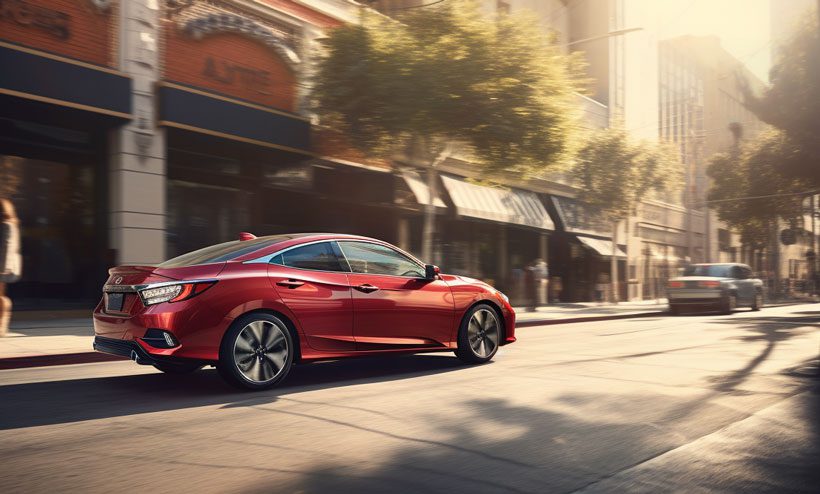
Solution:
You need to contact an authorized technician for assistance in fixing the control system. Alternatively, bring your vehicle to a Honda service center. It is repairable.
If you’re interested in learning more about electric parking brake problems in Honda vehicles, you may also find our article on the Honda Accord electric parking brake problem informative. This article delves into the specific issue of the electric parking brake in Honda Accord models and provides insights into its causes and potential solutions. Additionally, if you own a Honda CR-V and are experiencing problems with the electric parking brake, our article on the Honda CR-V electric parking brake problem may be of interest to you.FAQs
In this section, we address a few frequently asked questions about the EPB issue with Honda Civics. Read to learn more.
No, you won’t experience any problems right away if your EPB stops working suddenly. EPB is a holding brake that keeps the car in a stationary position; it is not your typical brake. So don’t worry if it suddenly stops working.
The answer is yes, many cars have electronic parking brakes and they disengage automatically. When the clutch pedal is lifted after the car has begun to move, this occurs.
Additionally, when you accelerate by pressing the accelerator, it will release. However, it has automatic brake hold features. But the user has the choice to operate it manually.
It’s not like taking your car to a nearby service center will result in problems. The thing is, you should really go to the official service point for this special case, like EPB. They possess all EPB-related mechanics and expertise, which is the reason. Compared to your local car service, they can easily fix this.
You should definitely visit the Honda Civic’s official service point if it’s possible.
Final Words
Here, we have succinctly explained the origin of your “honda civic electric parking brake problem“ and how to fix it. Electronic parking brakes, or EPBs, are fairly new in automobiles. Even though only a few businesses currently offer EPB, it is still not very widespread.
When dealing with an EPB issue, it can be difficult to determine the issue. However, we also offer a solution that will undoubtedly give you a general idea of what to do. However, we highly suggest taking your car to a Honda service center for any EPB issues.
